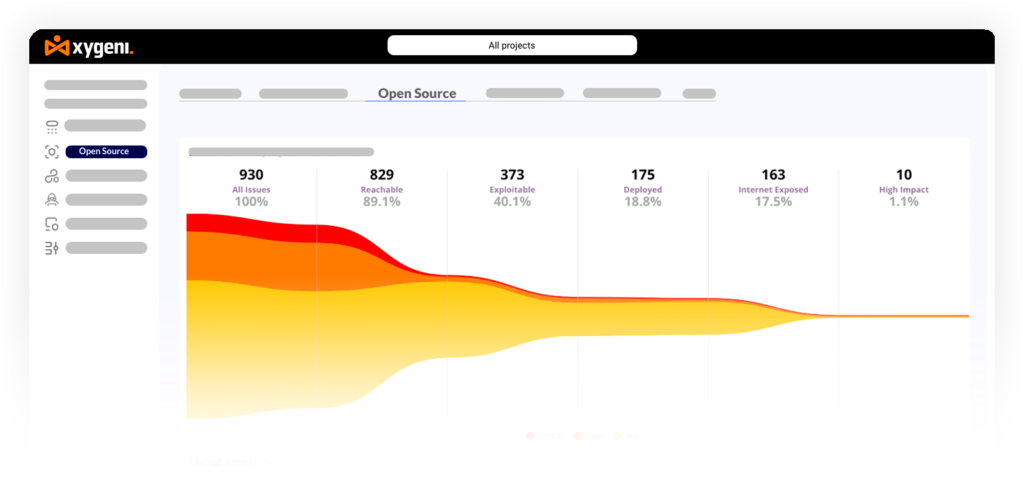Ransomware Attacks: Understanding and Protecting Your Data #
Ransomware attacks are one of the most alarming threats in the cybersecurity field. As cyber criminals continue to innovate, these attacks—where malicious software, or ransomware, encrypts vital data and demands a ransom for its release—are becoming increasingly common. With ransomware protection now a top priority, understanding ransomware attacks and how to defend against them is essential for any organization looking to safeguard its operations and data.
Definition:
What Are Ransomware Attacks? #
Ransomware attacks involve the deployment of malicious software designed to block access to a computer system or encrypt data until a sum of money, or ransom, is paid to the attacker. These attacks can cripple an organization by rendering critical data and systems unusable, often forcing businesses to either pay the ransom or risk significant operational disruptions.
Understanding the Mechanics of Ransomware Attacks #
Ransomware attacks are evolving rapidly, with attackers employing sophisticated techniques to infiltrate systems. Common methods include phishing emails, exploiting software vulnerabilities, and brute-force attacks on Remote Desktop Protocol (RDP) connections. Once inside, ransomware encrypts files, rendering them inaccessible, and demands payment, often in cryptocurrency, for the decryption key. Robust ransomware protection measures are critical to prevent these threats from compromising your organization.
The Different Types of Ransomware Attacks and Their Impact #
- Encrypting Ransomware: This is the most common type, of encrypting files and demanding payment for the decryption key.
- Locker Ransomware: Locks users out of their devices entirely, without encrypting files, making ransomware protection strategies essential.
- Scareware: Displays fake warnings about malware or system issues to trick users into paying for unnecessary services.
- Doxware: Threatens to release sensitive information publicly unless a ransom is paid.
Why Understanding Ransomware Attacks and Ransomware Protection Is Crucial for Your Business #
Ransomware attacks pose significant challenges due to their evolving nature. Modern attackers employ sophisticated tactics like double extortion. They not only encrypt data but also threaten to publicly release sensitive information if the ransom isn’t paid. Consequently, this dual-threat has made ransomware one of the most formidable cyber risks for organizations today.
Xygeni’s Comprehensive Ransomware Protection Solutions #
To effectively counter these advanced threats, organizations need a multi-layered defense strategy. This strategy should prevent, detect, and respond to ransomware attacks at every stage. Fortunately, Xygeni offers a suite of solutions that directly address the complexities of ransomware protection.
First, Xygeni’s Anomaly Detection platform provides real-time monitoring of your software supply chain and development environment. It identifies and alerts you to suspicious activities that could signal the early stages of a ransomware attack. By catching these anomalies early, your team can take swift action to prevent the attack from escalating.
Moreover, protecting sensitive information is critical. Xygeni’s Secrets Security solution scans and blocks the leakage of secrets across your development lifecycle. This ensures that attackers cannot use these to escalate their attacks or gain unauthorized access to your systems.
Additionally, ransomware attackers often exploit vulnerabilities in infrastructure configurations. Xygeni’s IaC Security tools detect and block misconfigurations automatically. This secures your infrastructure and reduces the attack surface available to ransomware.
Furthermore, Xygeni’s Open Source Security and Software Supply Chain Security (SSCS) platforms scan and monitor your code repositories and dependencies for malware. This proactive approach stops ransomware and other malicious code from entering your development environment. It prevents attacks before they can even start.
To further enhance your ransomware protection strategy, staying informed about the latest tactics and best practices is essential. The CISA Ransomware Guide offers detailed guidance on preventing and responding to ransomware attacks. By integrating this knowledge with Xygeni’s tools, you ensure a comprehensive defense strategy that adapts to the latest threats.
By combining these solutions with continuous education and up-to-date threat intelligence, Xygeni empowers organizations to overcome the immediate challenges of ransomware. Additionally, you build long-term resilience against this ever-evolving threat.
Watch now our SafeDev episode on The Future of AppSec!
Take Action Now #
Strengthen Your Ransomware Protection Today #
Don’t wait until it’s too late. Protect your organization from ransomware attacks with Xygeni’s advanced ransomware protection solutions. Watch a Video Demo or Try Xygeni for Free Today to learn how we can help you stay secure.

Frequently Asked Questions #
The most common attack vectors for spreading ransomware include:
Phishing Emails: These are used to trick individuals into downloading malware.
Exploiting Software Vulnerabilities: Attackers gain access by exploiting unpatched software flaws.
Brute-Force Attacks on RDP Connections: Hackers use brute-force methods to access systems through poorly secured RDP connections.
Effective ransomware protection solutions offer several advantages:
Early Detection: Tools like Xygeni’s Anomaly Detection can identify suspicious activities before they escalate.
Data Security: Solutions such as Xygeni’s Secrets Management protect sensitive data, even if attackers gain access.
Comprehensive Protection: Xygeni’s ASPM provides a unified view of your security posture, allowing for targeted and efficient remediation of vulnerabilities.
Implement a robust ransomware protection strategy that includes regular backups, network segmentation, security awareness training, and advanced detection tools like those offered by Xygeni.


